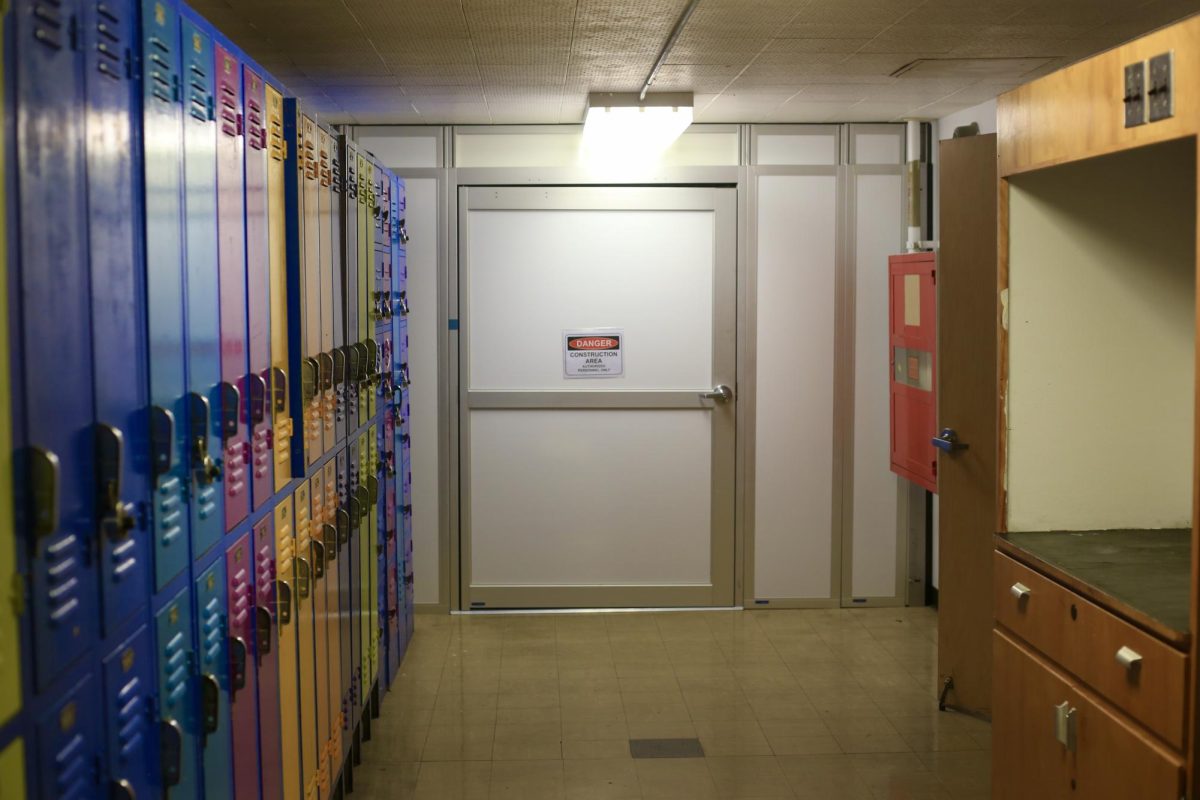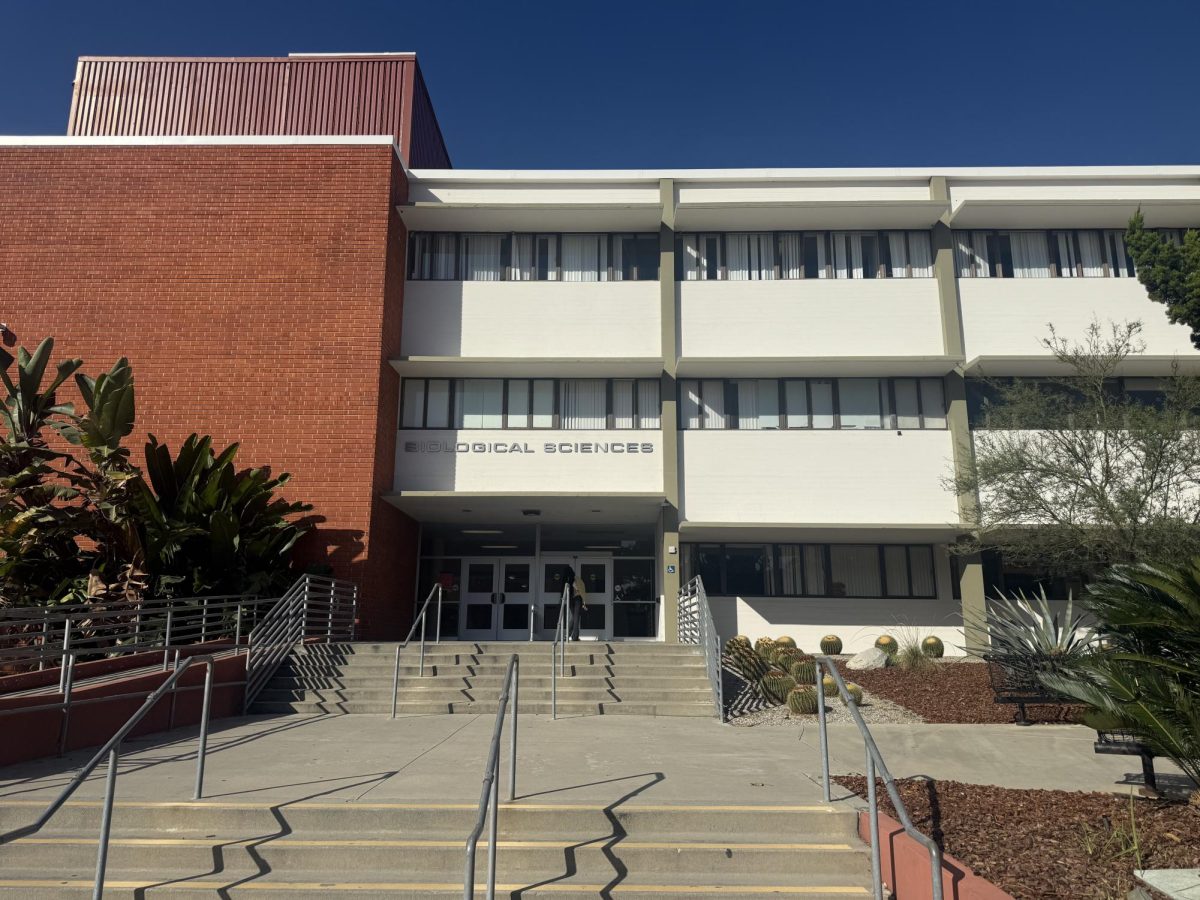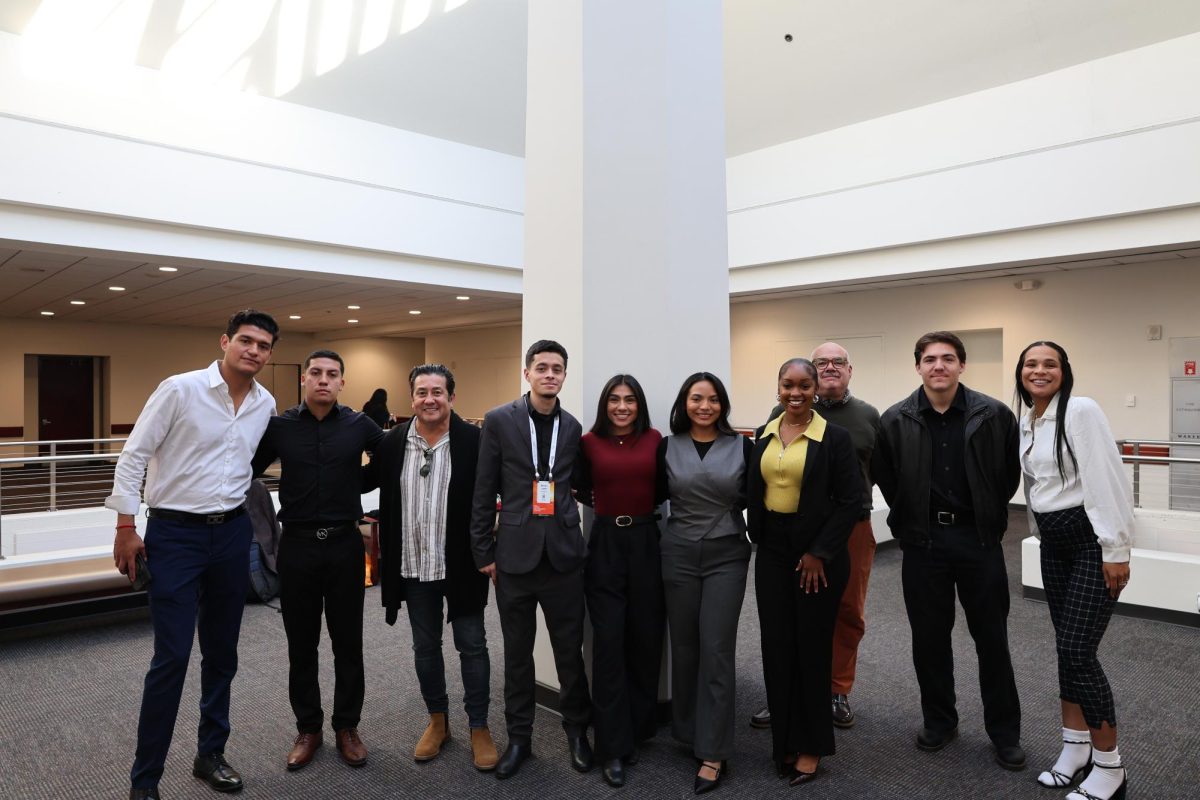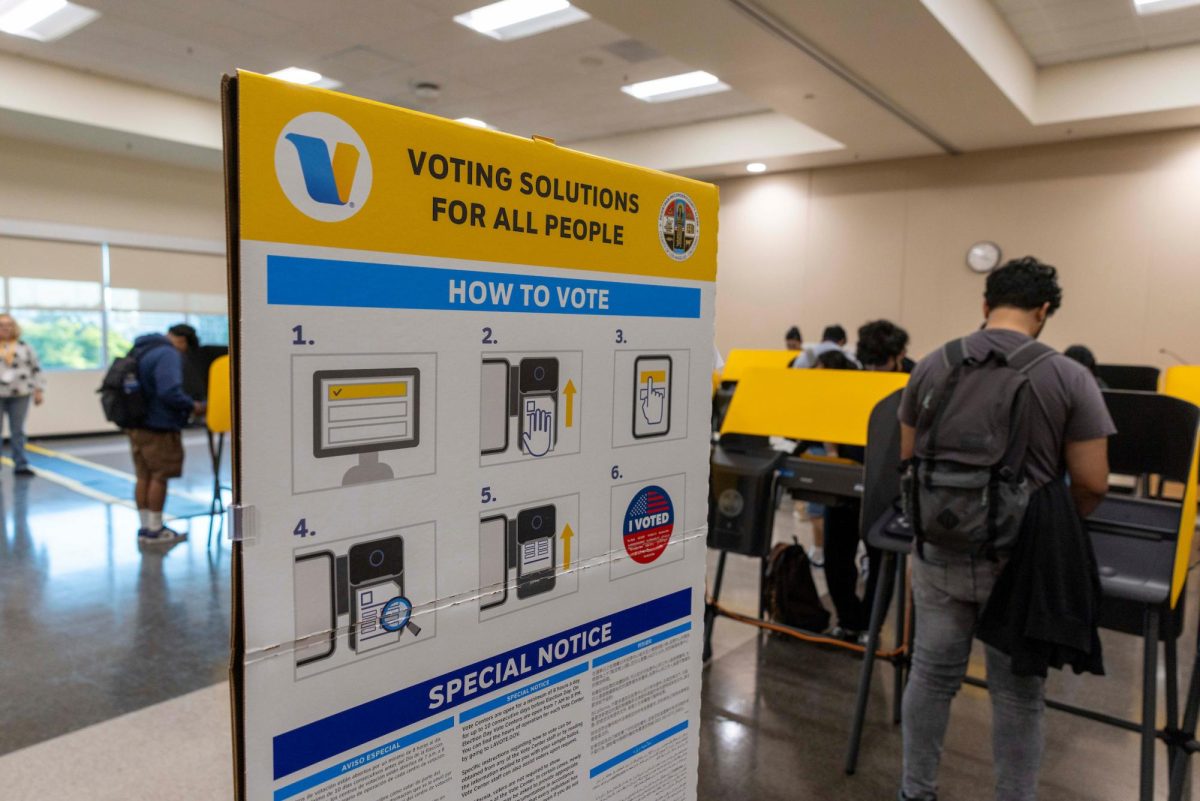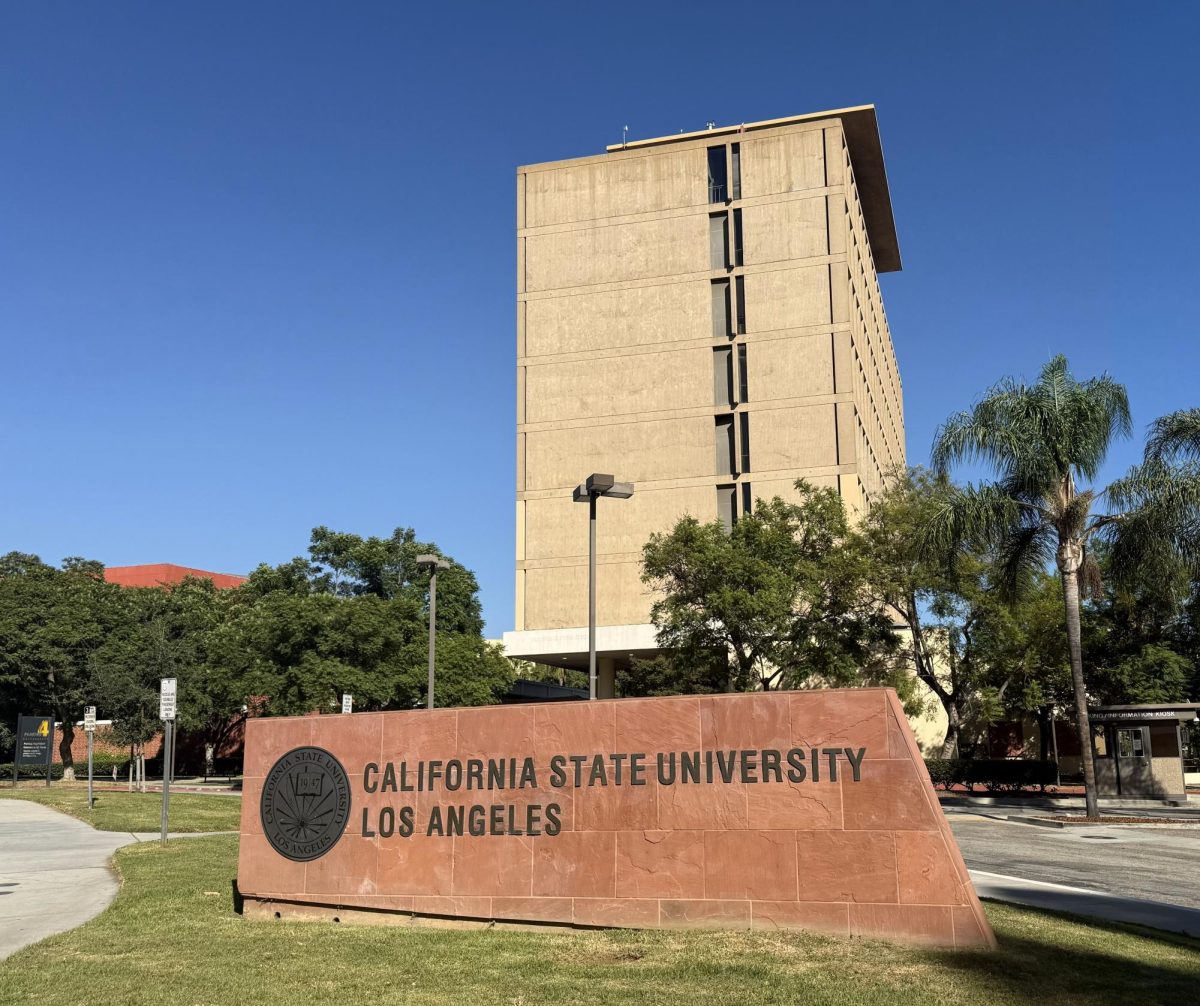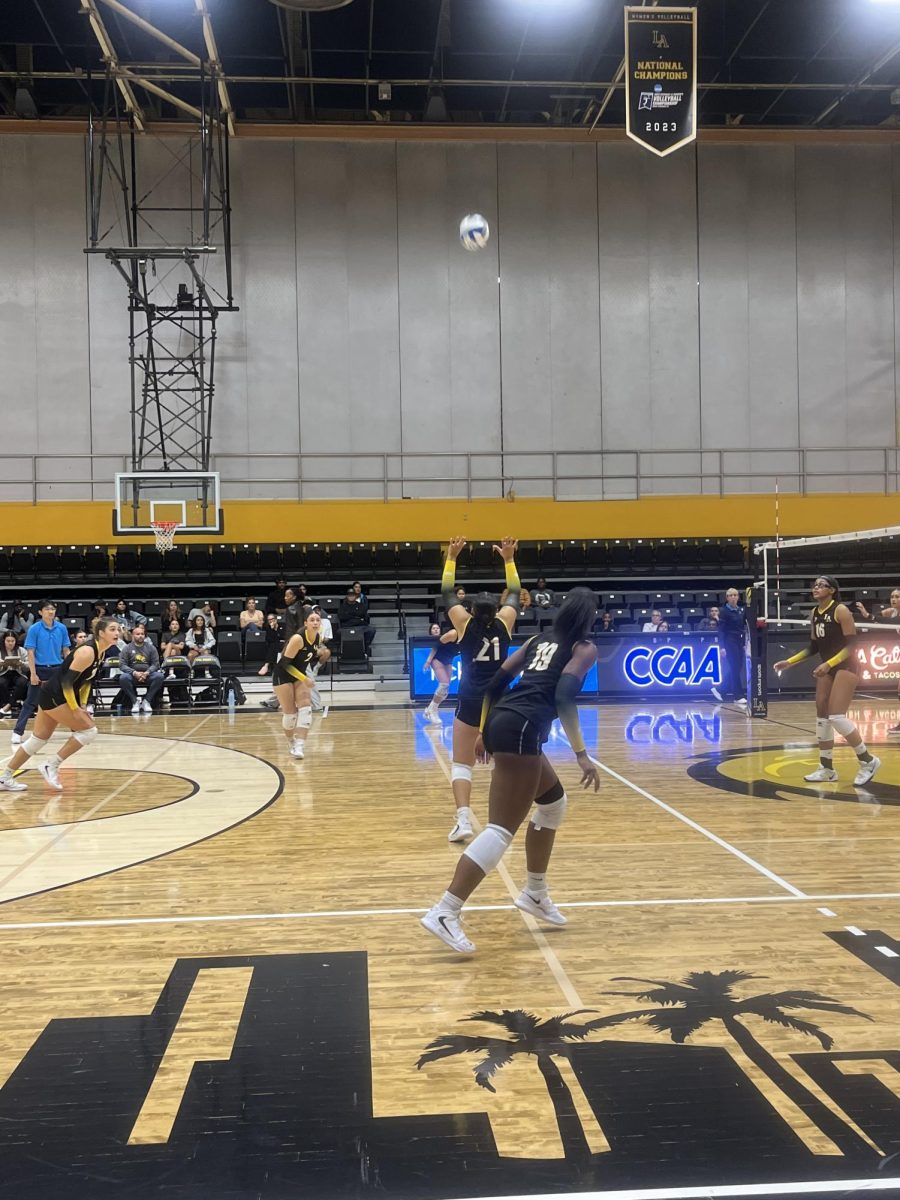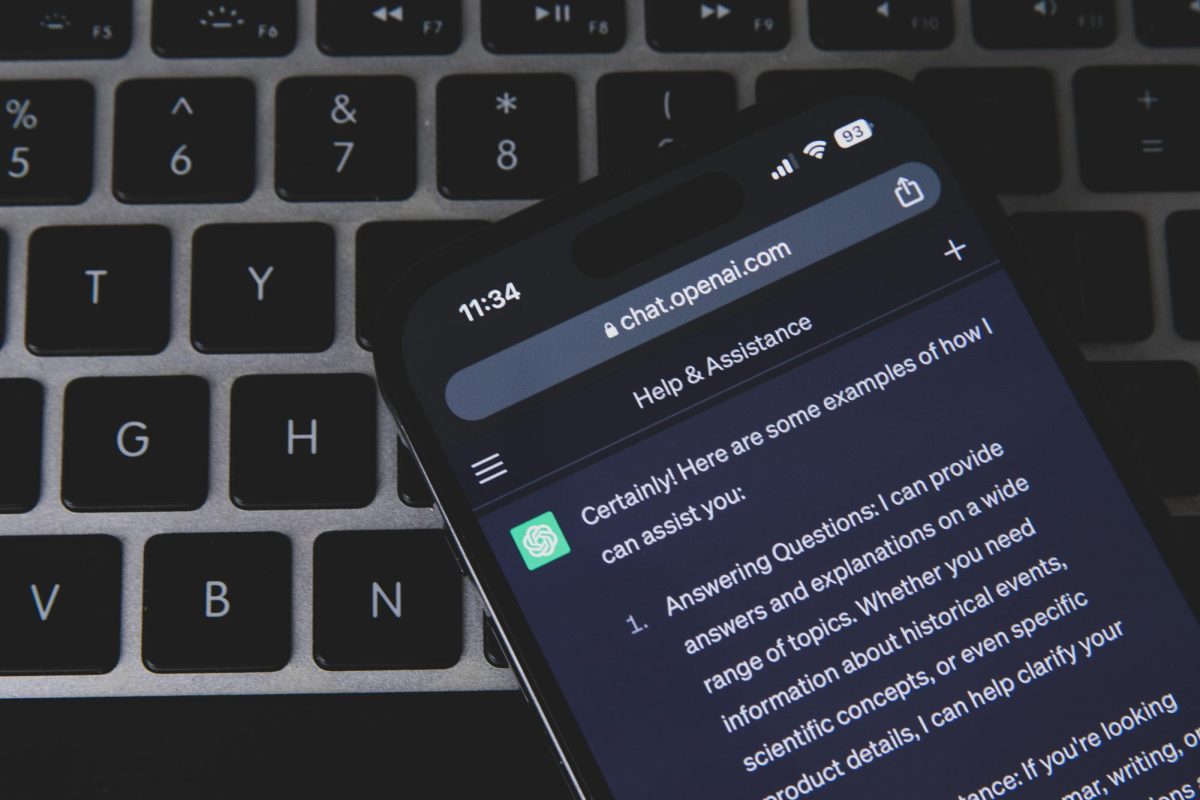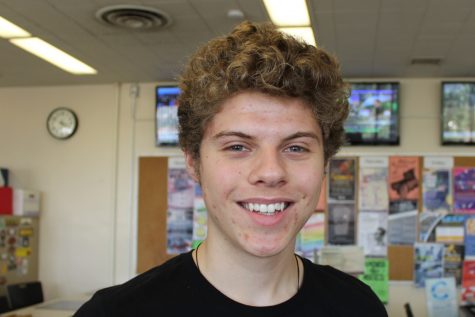
Interview with Alumna, Leana Wen, President of Planned Parenthood
UT: What was it like entering college at 13 and how did it help you achieve your academic promise? Do you think you made the right move?
LW: I am grateful that I had the opportunity to enter college. I was fortunate to meet incredible mentors at Cal State LA, including Professor Raymond Garcia and Professor Donald Paulson.
UT: What was your experience at Cal State LA like? Do you bring to your leadership positions anything you have learned during your time in Los Angeles?
LW: Cal State LA was where I first became involved in leadership, social justice, and advocacy. I was elected to ASI and was proud to represent science students in student government. I started the pre-med chapter of the American Medical Student Association there and led programs to fight for access to healthcare. I became involved in mentoring and teaching other minority health professional students, which has grown into a life-long love for education.
UT: What’s your vision, as the incoming president, for the future of Planned Parenthood?
LW: I’m honored to have been chosen to lead Planned Parenthood, an organization that, for the last 100 years, has done more for women’s health and reproductive care than any other. My mother went to Planned Parenthood, when she couldn’t get care anywhere else. I was a patient at Planned Parenthood, and so was my sister—just like 1 in 5 women in America.
As a doctor, I’ve seen the lifesaving and life-changing work of Planned Parenthood in providing health care to those who need it most. I’ve also seen what happens when people aren’t able to access the medical care we all need. Every day I see what’s at stake.
I see safety net clinics closing around the country, leaving women without basic health care like cancer screenings and family planning.
I see what happens when standard medical care like abortion is banned, and women are dying again – in 2018.
I see health insurance being taken away and Medicaid being gutted, hurting those who already bear the brunt of disparities and lack of access, like women of color, immigrants, LGBTQ individuals and working families.
My vision is to build on the work that’s been done before me – to continue to provide health care, no matter what, and with our supporters, 12 million strong, to fight to protect every patient’s ability to access that care. Women’s lives depend on it.
UT: Are you afraid that the country might see –with a reconfigured Supreme Court– a weakening of the laws that currently protect women and family, particularly in regards to abortion rights?
LW: If Kavanaugh is confirmed, it’s perfectly reasonable to expect that the court will restrict Roe v. Wade, and as a doctor, I know firsthand the consequences of that. When women are forced to take things into their own hands, things go wrong.
Abortion is part of the full spectrum of reproductive healthcare. It is a standard medical procedure and needs to remain safe and legal. If our goal is to reduce abortions, we should invest in birth control. Family planning works.
In the last seven years, there have already been over 400 new laws regulating abortion across the country, and women’s lives hang in the balance.
So as a doctor, yes, I am deeply concerned with what this will mean for women’s health. We know what will happen, we have the data — we won’t have a decrease in abortions, we will pay for it with women’s lives.
UT: What are your personal long-term goals?
LW: My goals are 100% focused on Planned Parenthood.
In public health, one of our core principles is to ‘go where the need is.’ The single biggest public health catastrophe of our time is the threat to women’s health and the threat to the health of our most vulnerable communities. In the last century, no organization has done more for women’s health than Planned Parenthood and that’s where I need to be.
It doesn’t make sense to treat one type of care differently from everything else. For me, this is deeply personal, and I feel as though my entire life and career have been preparing me for this role. Women’s healthcare is healthcare. And healthcare must be a fundamental human right.
UT: When can we expect to see you back on campus? 🙂
LW: Hopefully soon! And my first stop will be visiting the Student Union.

